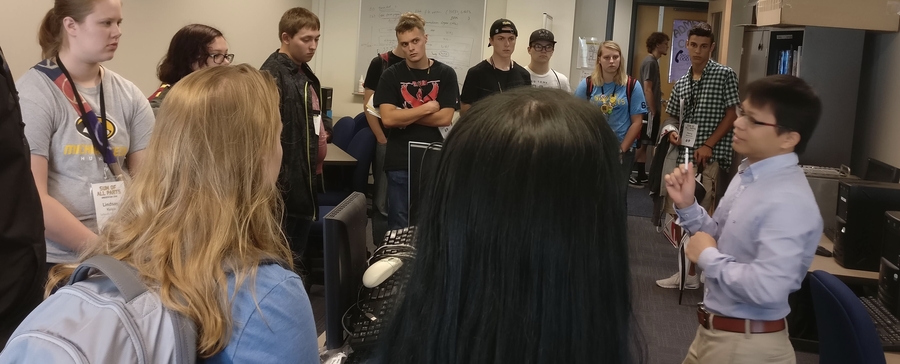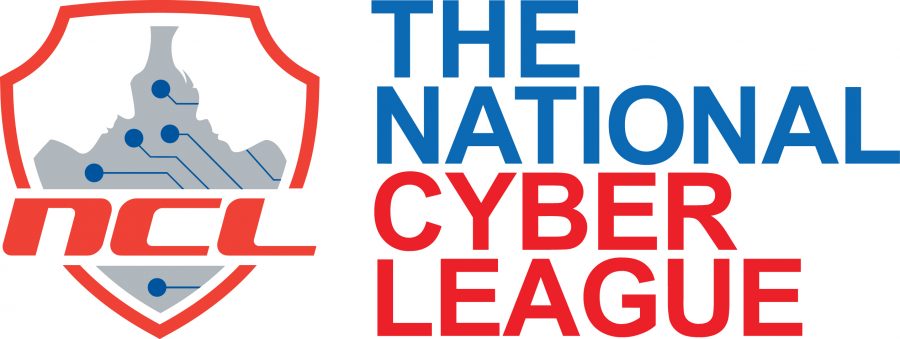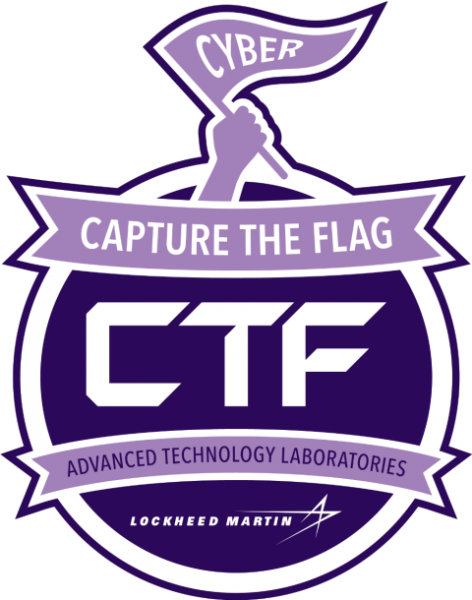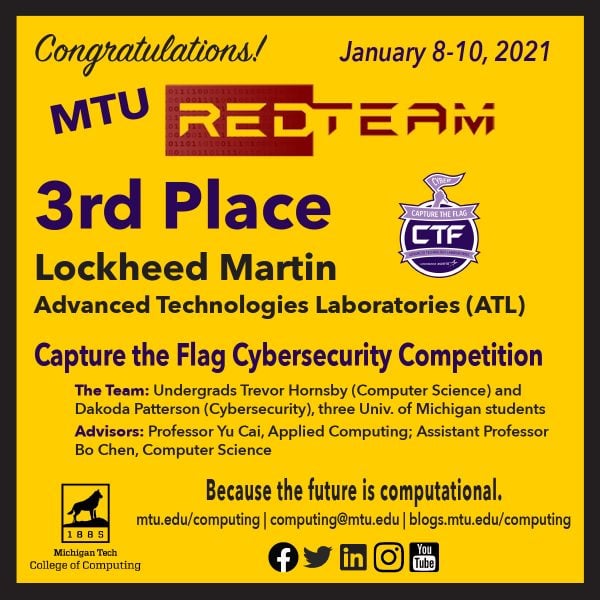The Security and Privacy Lab is looking for an hourly-paid Research Assistant. The student will work on IoT security, mobile security, or cloud computing security.
The student is expected to be:
- 1) Eager to solve problems
- 2) Familiar with operating systems
- 3) Familiar with system programming (C is preferred)
If you are interested, please send your resume to Professor Bo Chen (bchen@mtu.edu), Assistant Professor, Department of Computer Science.
Dr. Chen’s website: https://cs.mtu.edu/~bchen
SnP Lab website: https://snp.cs.mtu.edu


Michigan Tech ranks number three (3) in the Spring 2021 National Cyber League’s Cyber Power Rankings, rising 12 points from a Fall 2020 ranking of 15. One hundred (100) teams were ranked.
In the NCL cyber-competitions, thousands of students from hundreds of colleges and universities nationwide are challenged to identify hackers from forensic data, pentest and audit vulnerable websites, recover from ransomware attacks, and more.

Three factors are considered in a school’s annual Cyber Power Ranking. In descending magnitude of weight, they are:
- The school’s top performing team during the Team Game
- The school’s top performing student during the Individual Game
- The number of participating students from the school, with additional consideration given to better student performance during the Individual Game
Schools are ranked based on their top team performance, their top student’s individual performance, and the aggregate individual performance of their students. The rankings represent the ability of students from these schools to perform real-world cybersecurity tasks on the Cyber Skyline platform.
See how the NCL competitions work.
View the full list of NCL rankings.
The Cyber Power Rankings were created by Cyber Skyline in partnership with the National Cyber League (NCL). Every year, over 10,000 students from more than 300 colleges and universities across the US participate in the NCL competitions.

The 2021 EAI International Conference on Applied Cryptography in Computer and Communications (AC3 2021) takes place May 15-16, 2021.
Dr. Bo Chen, Computer Science, founding general chair of the new EAI conference, says the conference has brought together researchers, developers and practitioners from around the world who will focus on, discuss, and explore the area of applied cryptography in computer and communication systems.
Conference Topics
Conference topics include all aspects of applied cryptography, including symmetric cryptography, public-key cryptography, cryptographic protocols, cryptographic implementations, cryptographic standards and practices, as well as using cryptography to solve real-world problems.
Technical Program
The AC3 2021 technical program includes four main conference tracks at which 11 papers will be presented virtually in oral presentations.
- Track 1 – Blockchain
- Track 2 – Authentication
- Track 3 – Secure Computation
- 4 – Practical Crypto Application. Aside from the high-quality technical paper presentations, the technical program also features two keynote speeches, and one technical workshop.
Keynotes
The two keynote speeches will be delivered by Prof. Kui Ren (ACM Fellow, IEEE Fellow), Zhejiang University, China; and IEEE Fellow Prof. Robert Deng, Singapore Management University.
Workshop
A workshop, the First International Workshop on Security for Internet of Things (IOTS 2021), includes four technical papers which aim to develop cryptographic techniques for ensuring the IoT security. The conference, originally planned to be held in Xiamen China, was moved it online for the health and safety of participants.
Register to participate in the virtual conference here. Use the “Sign up for free access to the livestream” option.
European Alliance for Innovation (EAI) is an international professional community and a nonprofit organization. The goal of EAI is to empower the global ICT research and innovation community, and to promote cooperation between European and International ICT communities.
EAI Conferences span the globe with opportunities to meet, explore, and contribute to the world of ICT research. With 100+ annual events (including MobiQuitous, SecureComm, etc.), EAI is one of the world’s most prolific scientific communities.
EAI Conferences are published via Springer’s LNICST and EAI’s EUDL, and they are indexed in all leading indexing services, including EI, ISI, Scopus, CrossRef, Google Scholar, dblp, MAS, EBSCO, Microsoft Academic Search, CiteSeerX, and more.

Two College of Computing RedTeam students are part of a five-member team that finished 3rd in last weekend’s invitation-only Lockheed Martin Advanced Technologies Laboratories (ATL) Capture the Flag cybersecurity competition.
The multi-day virtual event involved 200 students on 40 teams. It opened for answer submission Friday, January 8, at 8:00 p.m., and closed Sunday, January 10, at 8 p.m.
The 3rd Place team, GoBlue!, trailed the 2nd Place team by only 14 points. RedTeam members are Michigan Tech undergraduates Dakoda Patterson, Computer Science, and Trevor Hornsby, Cybersecurity, and three University of Michigan students from the RedTeam’s partnership with that institution.
Michigan Tech RedTeam faculty advisors are Professor Yu Cai, Applied Computing, and Assistant Professor Bo Chen, Computer Science.

“We were lucky to be one of the 40 teams invited,” said Cai. “This was no small task, as the CTF included a large number of points in Reversing and “pwning” challenges, which proved to be fairly difficult. Other challenges were Cryptography, Stegonography, Web Exploitation, and miscellaneous challenges.”
CTF competitions place hidden “flags” in various computer systems, programs, images, messages, network traffic and other computing environments. Each individual or team is tasked with finding these flags. Participants win prizes while learning how to defend against cybersecurity attacks in a competitive and safe arena.
Top Three Teams
| Placement | Team Name | Institution | Total Points |
| 1st Place | nullbytes | George Mason University | 3697 |
| 2nd Place | ChrisSucks | George Mason University | 3330 |
| 3rd Place | GoBlue! | Michigan Tech and University of Michigan | 3316 |
